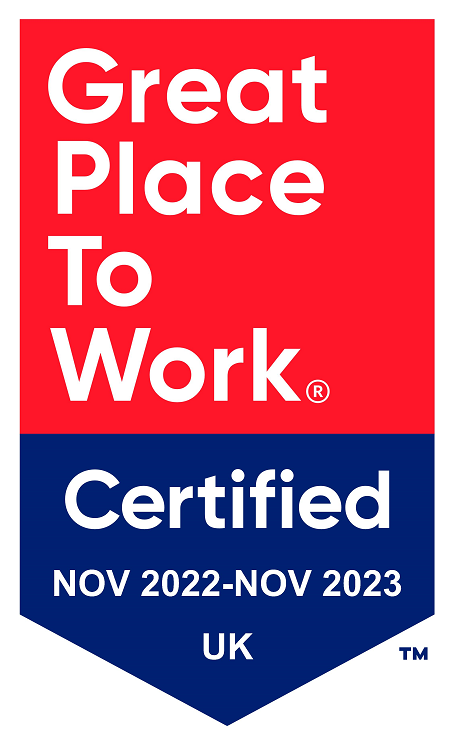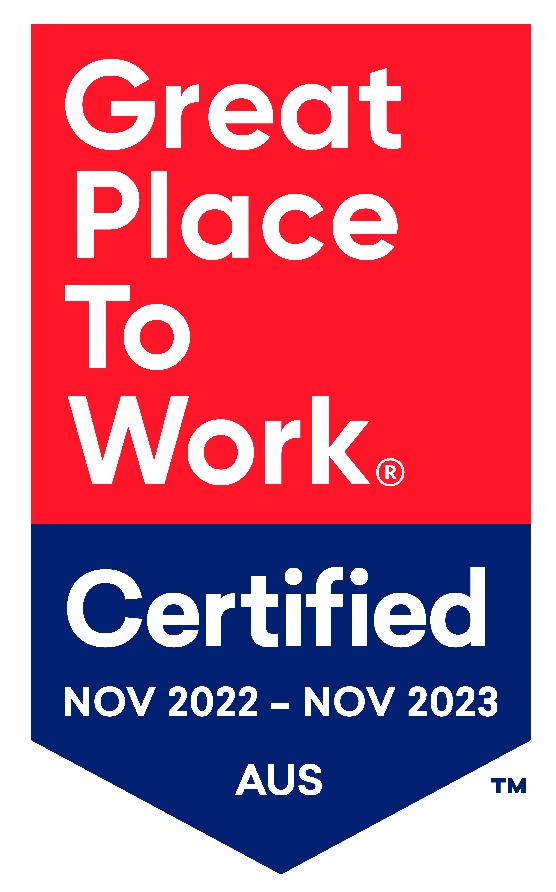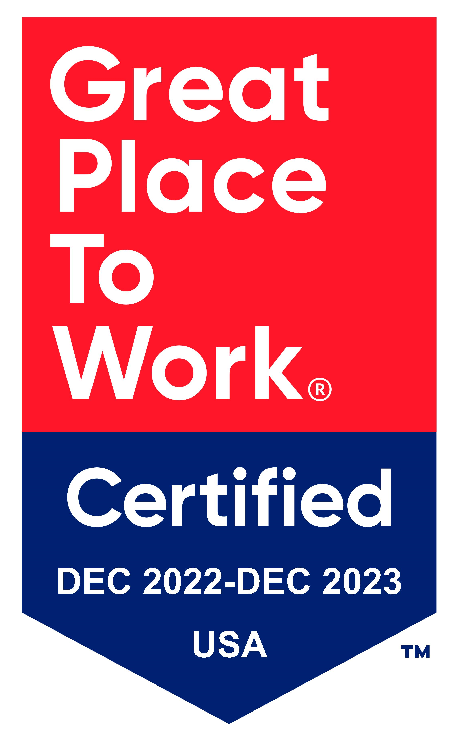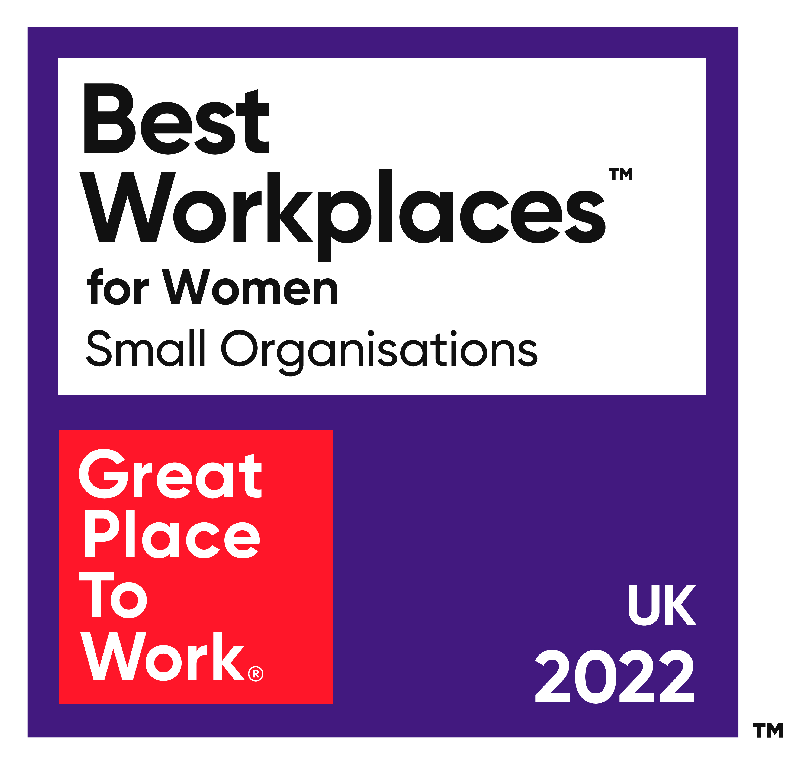Hiring Exceptional Talent From Outside the Biometrics Industry
03 Feb, 20236 MinutesAs the biometrics market grows with ample opportunities, the search for exceptional talent w...

As the biometrics market grows with ample opportunities, the search for exceptional talent within the industry has also increased dramatically. However, many experts believe that an over-reliance on prior industry-specific experience can actually pose challenges for hiring managers in the biometrics industry.
With this in mind, life sciences companies looking for the best and brightest candidates for biometrics jobs should ask this key question - could recruiting talent outside the industry be a solution for life sciences companies seeking top biometrics candidates?
In this guide, we’ll explore the key benefits of hiring candidates with expertise in other industries and delve into the various transferable skills employers should look for when assessing job-seekers without an extensive background in biometrics jobs.
Key Benefits of Hiring Candidates from Other Industries
While recruiting individuals with industry expertise is undoubtedly advantageous, it is necessary to look beyond the most fundamental experience and hard skills and consider individuals with a variety of experience. Candidates who are changing careers may not initially appear to have the qualifications for the position you're looking to fill. However, many high-quality candidates have the skills to transition smoothly from one industry to another.
It’s no secret that the demand for biometrics professionals is intensifying. With 71% of recruiters claiming to be taking chances on different kinds of candidates due to a tight labour market, life sciences companies must start considering the prospect of recruiting talent from other sectors to broaden their talent pool.
Here are the top benefits of recruiting talent outside the biometrics industry:
Diverse Perspectives
While key components like ethnicity and age are the most obvious forms of diversity, variety in terms of job experience can be just as helpful in fostering an inclusive, open-minded workplace. Bringing in individuals with fresh perspectives would not only increase the adaptability of an organisation in the face of an ever-evolving market, but it is also likely to increase employee morale and staff retention rates.
Having a diverse work environment is particularly important when it comes to attracting and retaining millennial and Gen-Z talent. According to Deloitte, 74% of millennial employees feel that their organisation is more creative when it has a culture of diverse perspectives, while 47% actively look for diversity when applying for jobs.
Increased Innovation and Creativity
Industry weariness is a well-known idea that can stifle original thought and innovative ideas. Employing individuals with broader industry knowledge may help question the status quo, go outside of industry conventions, and expand an organisation by bringing fresh perspectives and ideas.
Different perspectives often spark creativity and innovation. Candidates with diverse backgrounds can contribute to brainstorming sessions, problem-solving initiatives, and product development, offering unique insights that others might not have considered.
Improved Collaboration and Idea-Sharing
Exploring new talent pools and selecting a candidate with the ability and soft skills required to succeed in the position gives the employer a great chance to promote personal and professional development. Employee engagement, job loyalty, and employee retention are all increased when workers believe they are being developed in their positions.
What Transferable Skills Should Recruiters Look For?
Globally, the life sciences sector is seeing a significant advancement in biometrics, and many specialists are trying to get into the market through major pharmaceutical corporations and contract research organisations. The global biometrics market is forecasted to grow significantly in the coming years, therefore increasing the number of job opportunities for ambitious candidates looking to carve out a career in the fascinating world of biometrics.
Given the increased demand for top talent among life sciences companies, recruiting outstanding candidates from other sectors certainly appears to be a viable, pragmatic recruitment strategy. So, what transferable skills should organisations seek when hiring candidates for biometrics jobs?
Let’s explore the hard and soft skills you should prioritise when looking to hire exceptional talent from outside the biometrics sector:
Hard Skills
Job-seekers from other industries must possess a selection of hard skills that demonstrate a degree of all-important technical knowledge. While it is understandable that they may lack the in-depth expertise of a seasoned biometric professional, employers should expect them to display a technical aptitude that makes them worthy candidates for the highly specialised field of biometrics.
Here are the hard skills candidates need to have to thrive in the biometrics industry:
- Biometric Technology Knowledge: Being able to demonstrate an understanding of the various biometric modalities, their principles, strengths, weaknesses, and applications is a key hard skill.
- Programming and Software Development: Specialist knowledge of programming languages like Python, C++, Java, or MATLAB is an important skill to consider, especially for positions that involve developing biometric algorithms, software, and applications.
- Machine Learning and Data Analytics: Expertise in machine learning, deep learning, and data analysis is vital for biometrics jobs that require the post-holder to create robust biometric systems, improve accuracy, and handle large datasets.
- Knowledge of Biometrics Regulations: An awareness and understanding of industry standards and regulatory requirements related to biometric data privacy, compliance, and ethical considerations is another key hard skill that suitable candidates should have.
As candidates outside the biometrics industry typically won’t have work experience demonstrating these hard skills, hiring managers can utilise other methods to test their expertise. These assessments can be tailored to take the candidate’s unique skill sets into account.
For example, if you wish to centre your candidate search on individuals with a background in coding and programming, you could develop coding challenges that relate to data processing, pattern recognition, and machine learning algorithms used in biometrics. Other assessment methods may include knowledge-based interviews, biometric data processing tasks, and simulated scenarios.
It is also important to bear in mind that the specific skills required might vary depending on the job role. For example, the duties of a biometric engineer will vary from the responsibilities of a biometric system administrator. Candidates who can display a blend of technical expertise, problem-solving abilities, and a strong understanding of ethical and legal implications in handling biometric data are highly valuable in this field.
Soft Skills
While employing industry experts has many advantages that should not be undervalued, many talented professionals from outside the world of biometrics have the right soft skills to achieve great things in the sector. As we discussed in the previous sections, transferable hard skills from fields like genetics, biology, chemistry, and even computer programming can be extremely valuable in the biometrics industry, but what soft skills should employers prioritise?
Though the biometrics industry is defined by its emphasis on technological innovation and scientific endeavour, the significance of soft skills in the sector cannot be understated. Here are the most vital soft skills your ideal candidate should possess:
- Critical Thinking: One of the most essential attributes that biometrics professionals must have is the ability to apply critical thinking to complex problems. There are many scenarios within biometrics that may involve identifying issues and developing innovative solutions.
- Excellent Communication: Outstanding communication is key for conveying important biometrics information to stakeholders without a technical background and collaborating with other departments, and explaining biometric concepts or solutions to clients or end-users.
- A Passion For Learning New Concepts: Biometrics is an ever-evolving field, constantly shaped by advancements in cutting-edge technology. Candidates should always be willing to update and enrich their industry knowledge, adapting to the latest trends and best practices.
- Collaboration and Teamwork: Biometrics projects typically involve a great deal of collaboration and teamwork between departments. As such, life sciences companies seeking biometrics talent should hone in on candidates who can work with colleagues cohesively to achieve common goals. This soft skill is especially important for biometrics jobs related to project management, business development, and customer service.
- A Deep Ethical Understanding: By its very nature, biometric data is extremely sensitive and must be processed with the utmost privacy. Top candidates should have a strong ethical awareness of the importance of patient privacy, confidentiality, and responsible data handling.
When it comes to looking for candidates from outside the biometrics sector, life sciences companies should consider a balance between technical expertise and soft skills when evaluating candidates. Those who possess both technical aptitude and strong soft skills have every chance to make vital contributions to the success of biometric teams and projects.
Hiring Exceptional Talent From Outside Biometrics: Key Takeaways
The biometrics industry in life sciences is rapidly growing, and the need for exceptional talent for key biometrics jobs is increasing. While many life sciences companies are likely to favour candidates with prior experience in the biometrics field, considering those from diverse professional backgrounds is a surefire way to broaden the pool of available talent.
Recruiting professionals from outside the biometrics sector brings a variety of key advantages, including diverse perspectives, increased innovation, and better collaboration among teams. To accurately assess these candidates, it is crucial to take both hard and soft skills into consideration, providing them with customised assessments and tailored interviews to give them a chance to showcase their competencies.
Organisations that opt for a recruitment approach that focuses on far more than merely prior biometrics experience can look forward to applications from a whole new range of motivated and talented candidates. There are many job-seekers from non-biometric sectors who possess a winning combination of technical expertise and soft skills, and by factoring them into your hiring efforts, your company is sure to gain a competitive edge in the fast-paced biometrics recruitment space.
Connecting Top-Quality Candidates With Biometrics Jobs
At I-Pharm, we have been supporting job-seekers and life sciences companies with market-leading recruitment services since 2008. Guided by our ethical, people-led approach, we are passionate about providing people with the support they need to thrive in the fascinating life sciences industry. Our agency has a dedicated biometrics team that excels in sourcing highly skilled candidates for key roles at organisations across the UK, Europe, North America, and the Asia-Pacific region.
Get in touch with us today to learn more about how we can help you with your recruitment needs.











